Choosing A Therapist
The journey
of finding the “right” therapist can be a daunting task. And for a lot of people, it takes a few tries. Speaking from personal experience, I met with 6 therapists before finding one I really liked…and I thought I knew what I wanted: a female with a humanistic background. I wanted her to be smart but friendly. I wanted it to be a cozy office with a salt lamp and soft lighting. I wanted the option of using essential oils, yoga/movement, and potential energy work. I found that woman, and we didn’t click. I felt self-conscious and our interactions were rigid. So I bailed and continued to look (it’s important to do this if you feel like the connection is not right with a therapist). After a few other tries, I finally landed with a man named Justin...I mention his name only because, at that point in my life, I HATED that name (a story for another blog). But we clicked immediately. I hadn’t done much research into his method or approach, but it didn’t matter, at the time, because I felt safe in space with him. We worked together for 4 years, and he helped me through more than I can recollect. And a lot of that was due to who he was, but a lot of credit can also be given to how this method/approach lived through him.
So I get it. You are about to pick someone (a stranger) to share the most intimate details of your life with. Wow! It feels like a really big decision. What if you hate the person? What if they don’t get you? What if you pour all this money into someone that doesn’t help? So, it makes sense to feel sure it’s a good fit before diving in too deep. Usually, In life, when we find ourselves in a situation where we need a referral we ask a friend/family member or just pick someone we know and already trust (real estate agents, mechanics, hairdressers, massage therapists, medical doctors, pet-sitters, etc.) But this one feels different. It feels awkward to ask a friend or family member. And you definitely don’t want to pick someone you already know as your therapist. So, most of us, when starting our search, go to a search engine like Psychology Today. We start with proximity (who is close?). And then we usually turn to gender identification (who do we feel safe with?). And then we usually look at the person’s face (do they look like someone I can relate to?). If the person looks like an ex or reminds you of your mom, you may steer clear. The last step we take is looking at the therapist’s credentials and what “issues” they work with. This often also involves taking a brief look at their approach or method. What does this mean? An approach, or method, is a set of values, knowledge, experience, tools, scripts, philosophical beliefs, and generally how the therapist plans on interacting with you in a therapeutic space. Therapists are proud of this…and although it makes zero sense to a newcomer to therapy….we love to highlight it in our bios. So, if you are looking for a therapist, I urge you to do a bit of research into their method. A humanistic therapist is going to be VERY different than a psychoanalytical or Jungian therapist. Doing your research in the beginning could help you save money and be more willing to continue doing that good therapeutic work. Based on my experience, most people bail from therapy altogether after a bad interaction with a therapist they didn’t connect with. Don’t let this be you! I’m not going to go into the details of each method/approach in this blog (because there are so many and each one is incredibly well-researched and complex).
“And for a lot of people, it takes a few tries.”
But,
I can offer a resource: www.apa.org/topics/therapy/psychotherapy-approaches.aspx. Keep in mind that this list is far from comprehensive, and there are many sub-categories that aren’t even mentioned. Ideally, each therapist has a blurb about their approach and/or a reference list on their website, so you can learn more. If they don’t, ask them!
Make a list of questions you want to ask the therapist before you go in. Your first session (which is usually free) is an opportunity for you to get to know the therapist as a person and a practitioner. Do your best to practice healthy boundaries and avoid diving too much into your historical narrative. This will help with having to share your story multiple times with different people during your search. See it as an interview. Be skeptical. Ask for what you might want/need (blankets, aromatherapy, lighting, etc.) It’s an opportunity to determine if the relationship is going to be beneficial or not.
As a therapist, it can also be very difficult to present ourselves in a way that is informative, appealing, open, safe, experienced, and helpful. So, if you are feeling open to sharing, share in the comments below what you look for in a therapist. What made you pick the therapist you are with now? Or what are you searching for in those bios, faces, and websites if you are currently on your journey to find a helper? Let’s help each other find one another.



